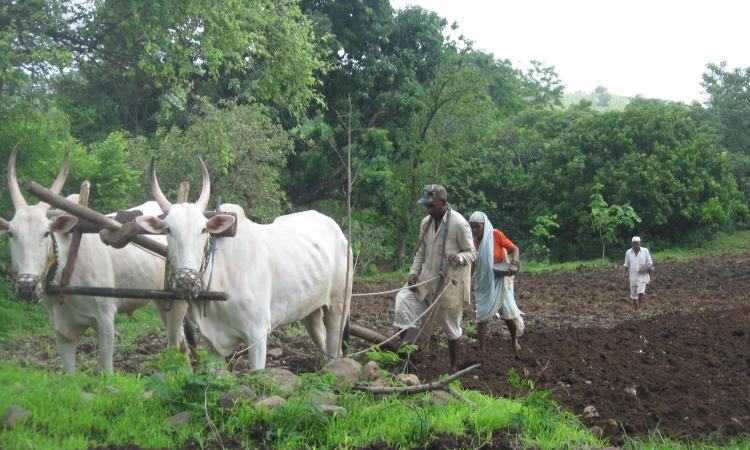
Effects of climate change have aggravated the vulnerability of agricultural systems in all the parts of the country but people have found their own solutions and methods to deal with it. These have come from age-old knowledge practices of local farmers and communities, who depend on natural resources and who interact with the local ecosystems on a day-to-day basis. Examples of this are climate-resilient farming practices and adaptive management approaches that have been refined through years of experimentation.
Importance of documenting traditional knowledge practices
Until recently, very few efforts have been made to document these adaptive practices. These three papers from the Indian Journal of Traditional Knowledge, highlight farmers perceptions of climatic variability and document their local agricultural adaptive practices from Uttar Pradesh, Himachal Pradesh and Tamil Nadu.
Study findings
- Farmers moving away from agriculture: Changing rainfall patterns, rising temperatures and decreasing chill units at lower altitudes and increasing chill units at higher altitudes have all led to a shift in labour patterns in the areas with people moving away from agriculture to other forms of employment. Distress migration has become more common, as well.
- Social networks and bonding among farming communities weakened: Changing social and political contexts, gradual crumbling of social principles and ethics and changes in livelihood patterns has affected coping mechanisms of farming communities through widening of social bonds. This has reduced opportunities for learning from each other and has thus increased input costs.
- Farmer perceptions are consistent with recorded data on climate change: Farmers continue to develop a number of adaptive practices in subsistence agriculture through trial and error, which help them reduce environmental risks, minimise crop failures and enhance their livelihoods. These include strategies like adjusting the sowing date, reducing fertiliser application, changing cropping pattern, selecting alternate crops and drought-tolerant varieties, mixing different crops and using different varieties of a single crop.
The studies highlight and argue for the need to make more efforts to integrate farmers and their knowledge into modern crop management systems to make agriculture more resilient in the long run.
Access the three papers discussed in the article from the links below:
Adaptation in rice-wheat based sodic agroecosystems: A case study on climate
resilient farmers’ practices
Indigenous knowledge about climate change: Validating the perceptions of
dryland farmers in Tamil Nadu